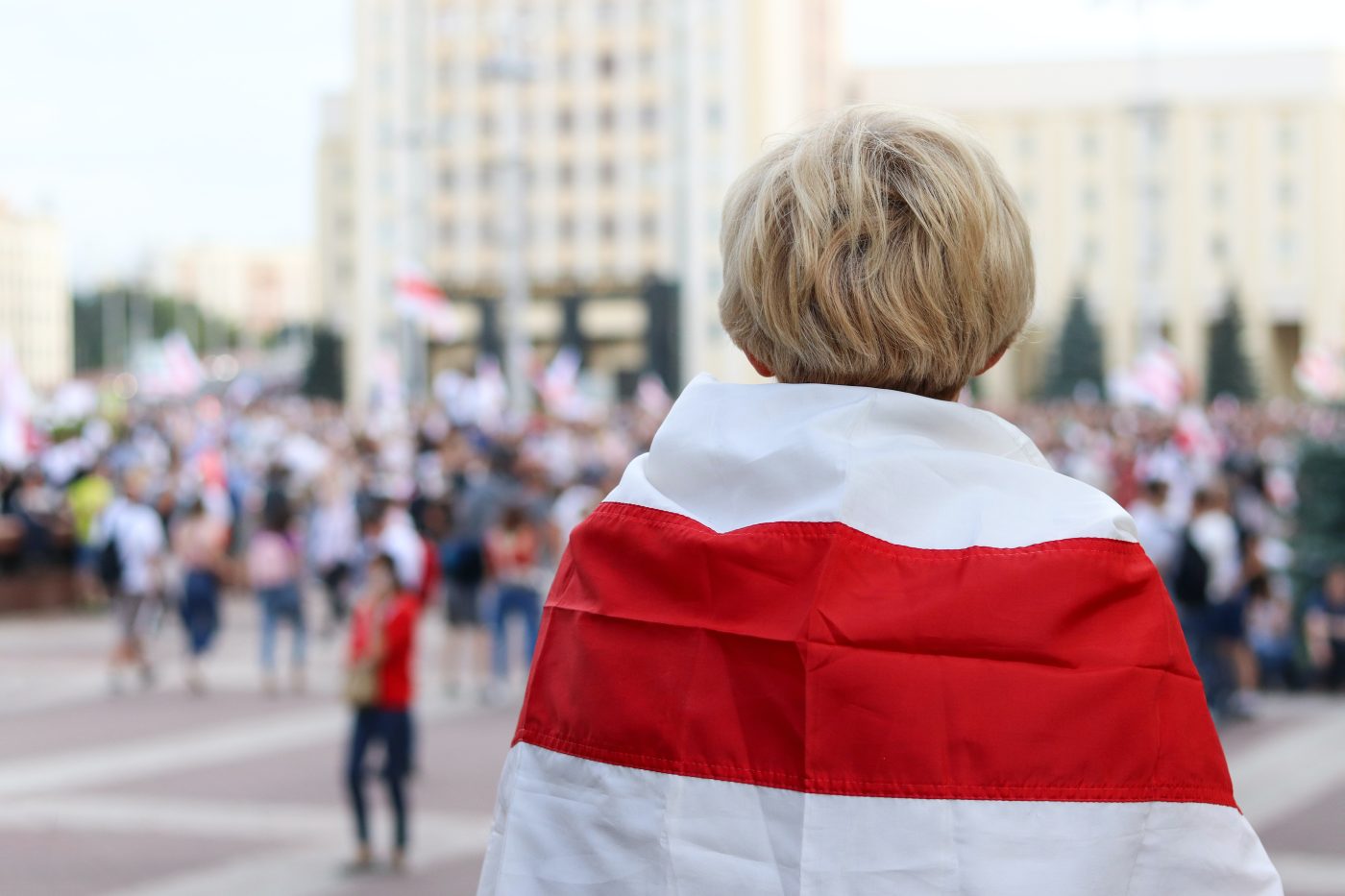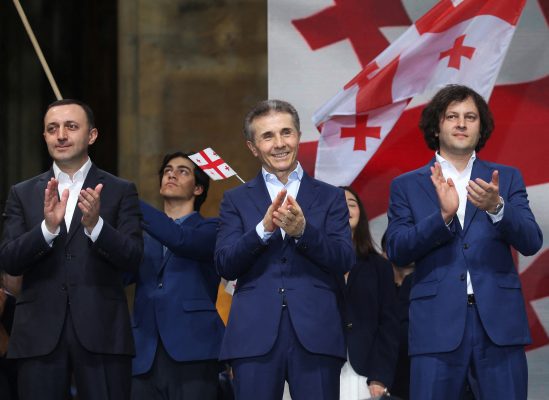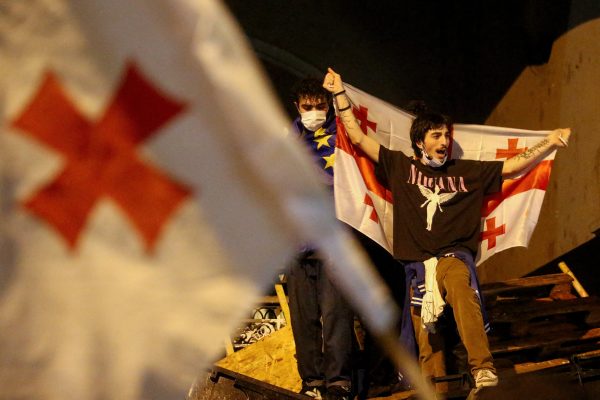The Belarusian dictator, Aliaksandr Lukashenka, has built an authoritarian regime in which he is the center of power, with the right to make final decisions in all spheres since becoming president in 1994.
Intolerant of opposition and worried about his security, he has surrounded himself with a circle of sycophants and head-nodders — passive officials with a Soviet mentality whose main focus is surviving in their jobs. Even when professionals and efficient managers find themselves among this gray mass, they mostly stay in their place, trying not to demonstrate initiative.
Lukashenka, who is 69 this year, fears a weakening of his position and has avoided public debate on a mechanism for appointing a successor, or even temporarily delegating powers in the event of serious illness. The fear that any succession process could be used by the Kremlin to grab even greater control over its weaker ally, which is dependent on Russian oil, gas, and loans, was also a significant factor.
Concern for the future began to appear in Lukashenka’s rhetoric after 2016. The dictator became increasingly aware of the need to ensure a future for his relatives, including his three sons, and the continuity of the system. He also needed to address concerns among the elites who depend on the regime’s stability.
He promised constitutional reform, which was intended to include a clear mechanism for the transfer of power and a more balanced distribution of power between the president, the government, and the parliament.
Ultimately, Lukashenka pushed through only a shadow of the previously announced changes in a referendum on February 27, 2022 – just days after Russia invaded Ukraine.
In terms of succession, the reforms brought little change. The responsibilities of the head of state, in the event of the death or serious illness of the president, would be assumed by the chairman of the Council of the Republic, the upper house of the puppet parliament. This position is currently held by Natalia Kachanova, who is characterized by absolute loyalty to Lukashenka, political dependence, and the lack of a strong political personality.
It appears that Lukashenka has entrusted the state to a person incapable of exercising real power, which merely opens up a wide field of potential rivals. Even if there is a secret plan to transfer real power to another person from Lukashenka’s immediate circle, such as his son Viktor, there is no guarantee it would be accepted by all the Belarusian elite.
The stagnation of political and social life in Belarus, alongside the wave of Kremlin-backed repression which followed the 2020 elections, means the transfer of power in Belarus will be shaped by the wider situation in Central and Eastern Europe. A change of president before any settlement of Russia’s war in Ukraine, with the Kremlin still retaining its extensive capacity to interfere in Belarusian affairs, would mean a strengthening of Minsk’s pro-Russian course.
In that scenario, leadership would probably be seized by strongmen loyal to Russia, including Security Council Secretary General Alyaksandr Wolfovich, and would lead not only to the maintenance of the current system but the full subordination of Belarus to Moscow’s interests (which Lukashenka has worked so long to avoid, albeit to diminishing effect.) That, in turn, would increase the risk of direct involvement of Belarusian armed forces in the fighting in Ukraine (although there are many questions over its willingness to fight.)
More possibilities would arise in the context of a defeat for the Russian army, associated with its collapse under pressure from the Ukrainian counteroffensive, and a meltdown of political stability in Russia itself amid infighting in the Kremlin. The presence of Wagner mercenaries on Belarusian territory throws another dangerous variable into the mix.
A weakened, chaotic Russia would not be able to properly defend its influence in Belarus and subsidize its economy at the current levels, which would force Lukashenka’s successors to redefine their existing internal and domestic policies.
Among the many possible outcomes, an agreement between the Belarusian opposition and constructive members of the current regime may be possible, or an attempt by the elite to re-establish a dialog with the West. This could create entirely new opportunities for transition in Belarus, related to, among other things, the holding of the first fully free and democratic elections since 1994.
It is hard to predict the attitude of the security sector, and in particular those officers responsible for the brutal repression after protests against 2020’s stolen election.
With so many issues still unclear, one thing is certain: Lukashenka, dependent as he is on dictatorial power, has been unwilling and unable to build an effective succession mechanism to guarantee continuity for his regime.
As a result, his death or incapacity, depending on the regional context, might either lead to the full vassalization of Belarus as a satellite of Russia or open the way for free elections and a systemic transformation toward a democratic future.
Kamil Kłysiński is a senior fellow of the Department for Ukraine, Belarus, and Moldova at the Centre for Eastern Studies (OSW) in Warsaw. At the Centre since 2007. He also worked in diplomacy at the Polish Embassy in Vilnius. In 2013, he translated Aliaksandr Lukashenka’s biography by Valery Karbalewicz entitled ‘Alexander Lukashenko. A Political Portrait’, published by the PISM.
Europe’s Edge is CEPA’s online journal covering critical topics on the foreign policy docket across Europe and North America. All opinions are those of the author and do not necessarily represent the position or views of the institutions they represent or the Center for European Policy Analysis.





